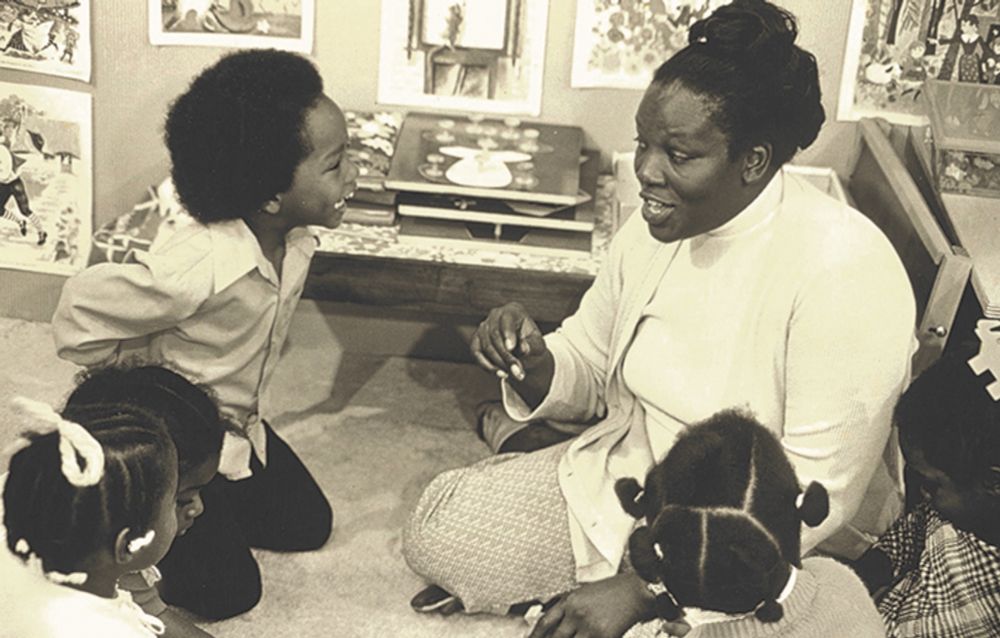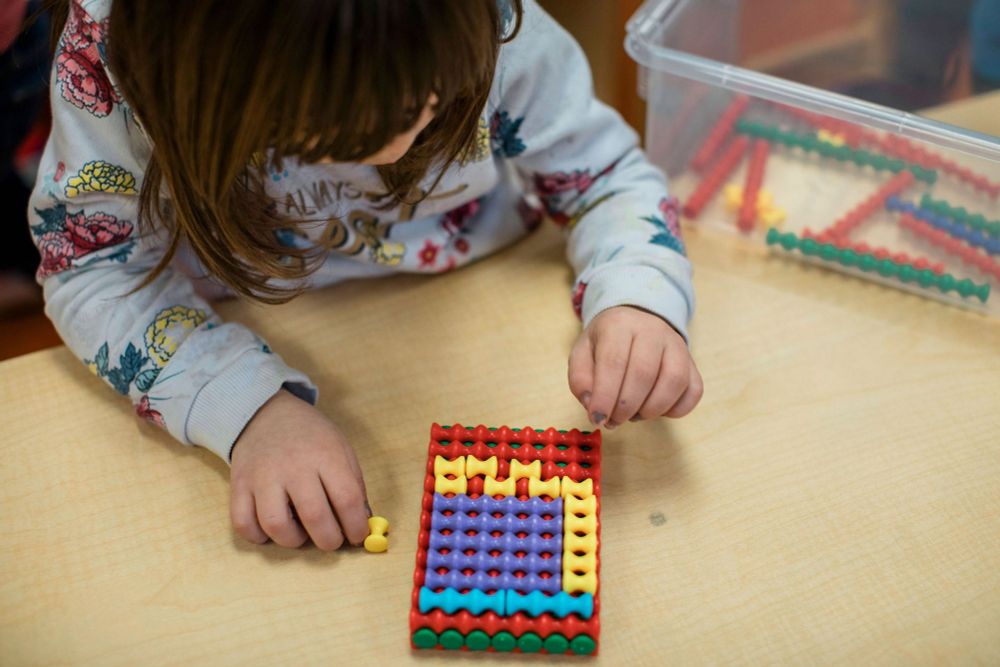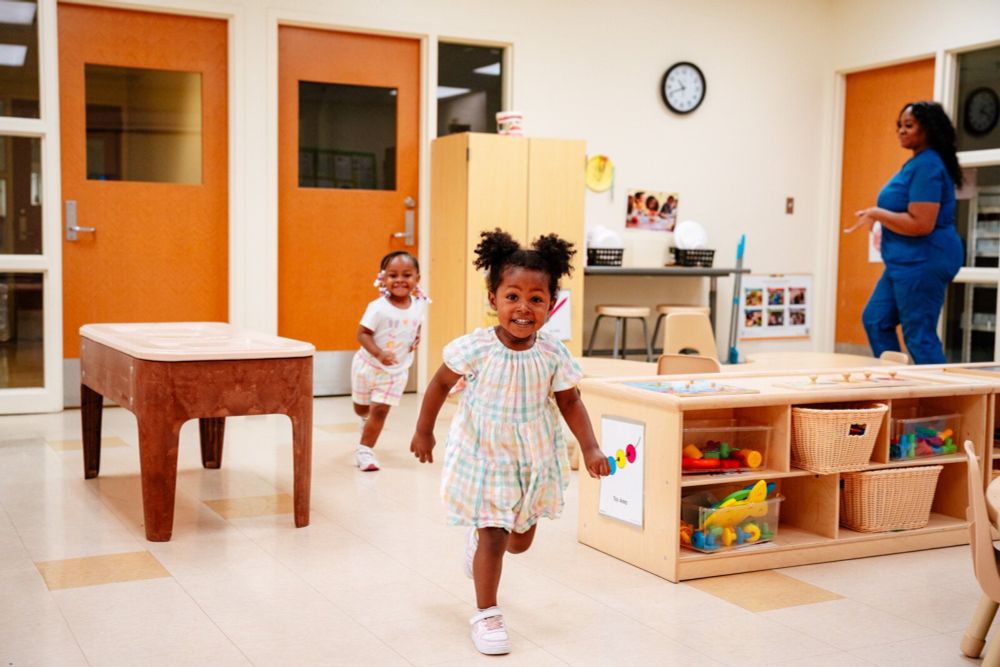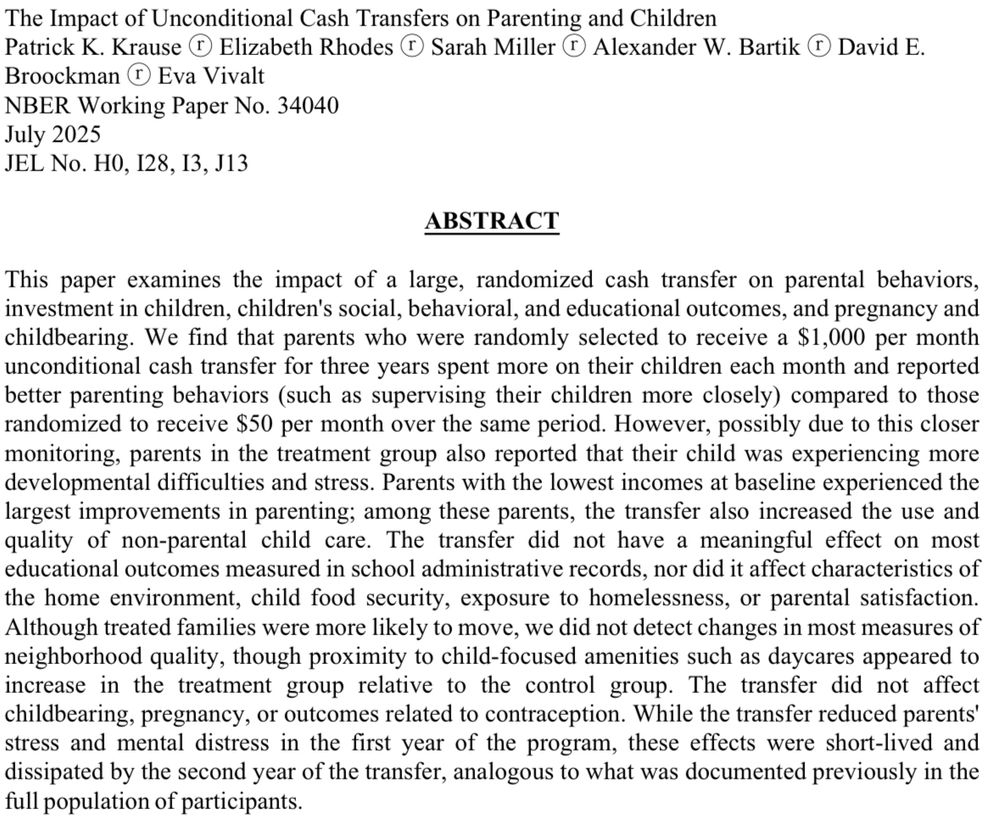Human Capital HCEO - CEHD
@hceconomics.bsky.social
390 followers
260 following
92 posts
Human Capital and Economic Opportunity Global Working Group at the @UChicago Center for the Economics of Human Development. We generate & share research on how people achieve their fullest potential. https://hceconomics.uchicago.edu https://cehd.uchicago.
Posts
Media
Videos
Starter Packs
Reposted by Human Capital HCEO - CEHD
Reposted by Human Capital HCEO - CEHD
Reposted by Human Capital HCEO - CEHD
Reposted by Human Capital HCEO - CEHD












